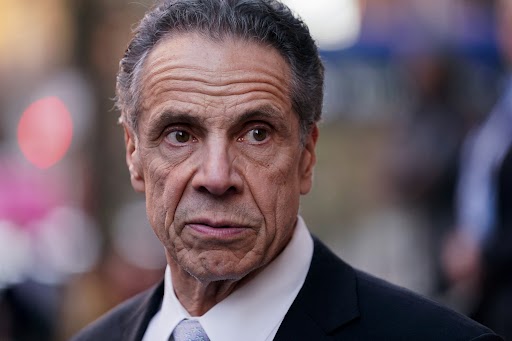The Future for Healthcare Reform
For over one year, the president, his staff, and the Congress have had a focus on healthcare and the uninsured – not the escalating unemployment statistics. Why? I have not been able to understand the president’s priorities. And beyond understanding priorities, the public was dazed and confused by the healthcare efforts.
First of all, even members of Congress did not read the entire bill. What could be expected with a bill covering more than 2,000 pages. In addition, the details shifted as the legislation worked its way through the House and Senate. The three issues involving the most controversy were abortion, spending, and the public government-run plan.
Add to those issues the recent Massachusetts upset victory of Scott Brown in the Senate race, and the debate was derailed – at least for a while. Now, many pundits credit Brown’s win as the main reason for upsetting the healthcare debate, I feel there was much more to what happened.
As I spoke across Long Island late last year about healthcare reform, I have never seen more confusion, fear, and frustration. Shades of the efforts of Hillary Clinton in 1993 and 1994 to pass healthcare reform. Two and one half years ago on my TV show, she said in an answer to my question about those efforts, “I made a lot of mistakes.”
To me the biggest mistake, she and President Obama made, was to not approach reform incrementally. Revolutionizing the entire industry did not and does not now make sense.
All of this leads me to what I feel needs to be done. These thoughts are based on some 31 years of Board experience with organizations involved in the $2.5 trillion healthcare industry (Lumex, Inc., WellChoice, Inc. and the American Medical Association). Here they are –
1. When someone leaves a job, he or she should be able to take their health insurance with them – portability.
2. No one should be denied healthcare insurance because of a pre-existing condition and rates should not be higher because of a pre-existing condition.
3. Children of a family should be able to continue insurance until the age of 26.
4. Insurance companies should be allowed to compete across state lines. More competition would lower premiums.
5.The idea of an insurance exchange is probably positive so both the uninsured and employers could explore options and obtain the best coverage for the lowest cost.
6. Preventative care should be the part of every healthcare insurance policy, because, in the long run, preventing illnesses would be one of the best ways to cut healthcare expenditures.
7. When 80 percent of medical liability lawsuits are dismissed, something has to be done to stop frivolous lawsuits. Savings from malpractice reform could mean $60 billion each year in defensive medicine.
8. Reassure seniors with Medicare that their healthcare will not be cut in the implementation of any reform program.
While some will argue that these eight items are only halfway measures, I would say that they would be an incremental start and could get healthcare reform started on the right path.
For those who want a government run plan, I will leave you with a direct quote from official Medicare 2009 Report, “The financial challenges facing Social Security and Medicare pose serious challenges.” For all practical purposes Medicare is bankrupt unless more taxes are paid. Do you really want the government to run the largest industry in our economy?
































